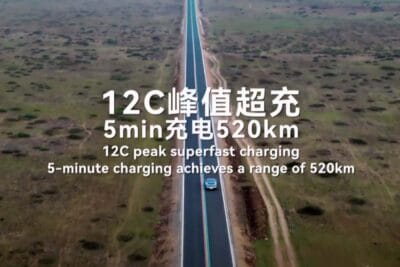EU Parliament adopts Euro 7 emissions standard
In the plenary session, the agreement was adopted with 297 votes in favour, 190 against and 37 abstentions, according to a statement from Parliament. “Vehicles will need to comply with the new standards for longer, ensuring they remain cleaner throughout their lifetime,” said the parliamentarians.
The compromise that was now put to the vote in Parliament was negotiated in December 2023. It no longer included the stricter emissions rules contained in the EU Commission’s original proposal from November 2022. That is because the member states presented their position in September 2023 – it was significantly weakened so that Euro 7 does not go beyond the current Euro 6 standard in terms of exhaust emissions.
For this reason, the exhaust emissions requirements in the compromise now approved by Parliament do not go beyond the values applied since 2014. There are new requirements for the service life of batteries and brake wear. In passenger cars, batteries must still provide 80 per cent of their original capacity after five years or 100,000 kilometres, and 72 per cent after eight years or 160,000 kilometres. For vans, values of 75 and 67 per cent apply. And for brake wear, the limit values for the emission of brake particles (PM10) for cars and vans are 3 mg/km for purely electric vehicles and 7 mg/km for hybrid and fuel cell vehicles.
Now all that remains is for the Council to formally approve the agreement before it enters into force. For the first time, Euro 7 includes limit values for the emission of brake particles (PM10) and minimum requirements for the service life of batteries in electric and hybrid cars.
In the future, every vehicle will receive an “Environmental Vehicle Passport” containing information on its environmental performance at the time of registration (e.g. limit values for pollutant emissions, CO2 emissions, fuel and power consumption, electric range, battery life). Vehicle users can also access up-to-date information “about fuel consumption, battery health, pollutant emissions and other relevant information generated by on-board systems and monitors.”
“We have successfully struck a balance between environmental goals and the vital interests of manufacturers,” says the responsible parliamentary rapporteur, Alexandr Vondra from the Czech Republic. “We want to ensure the affordability of new smaller cars with internal combustion engines for domestic customers and at the same time enable the automotive industry to prepare for the expected transformation of the sector. The EU will now also be addressing emissions from brakes and tyres and ensuring higher battery durability.”





0 Comments